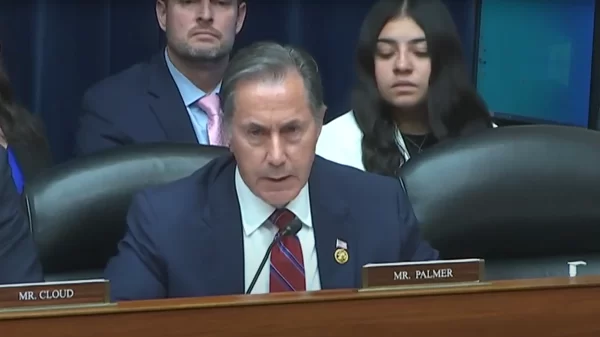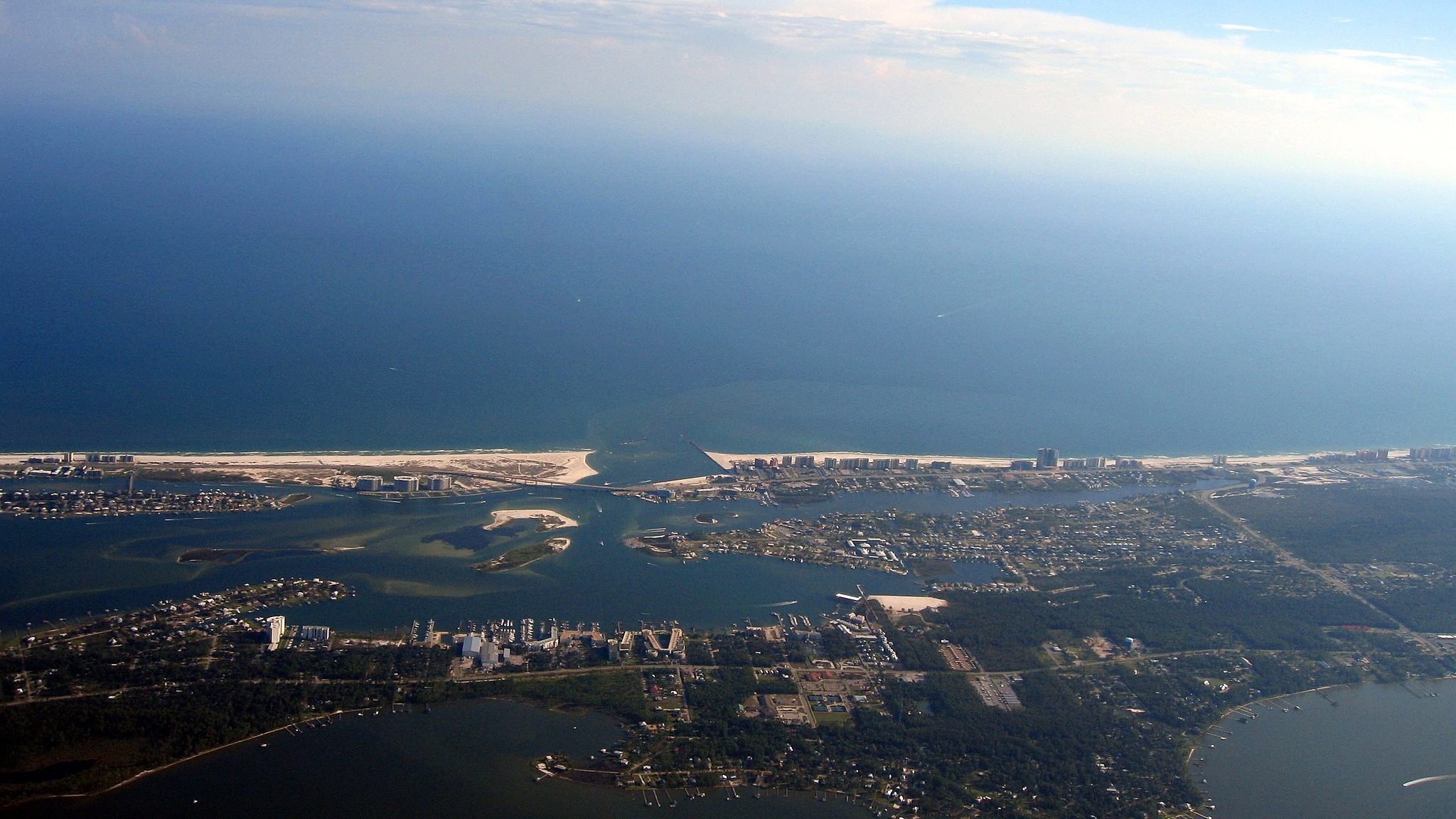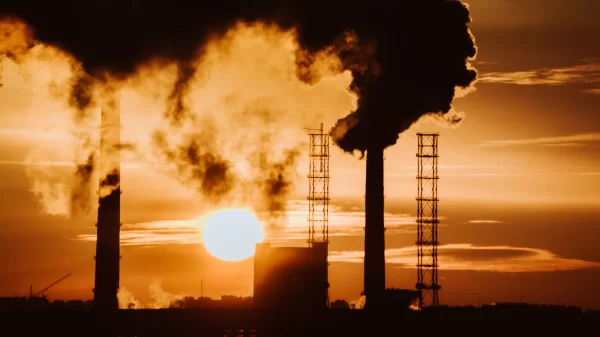Flooding along coastal regions and monster tropical storms are becoming more severe and more frequent, and sea levels are rising more rapidly than was predicted because of human-caused climate change, according to scientists.
In a new report released Wednesday and written by more than 100 authors, the Intergovernmental Panel on Climate Change warned that unless it’s abated, climate change will continue to heat the world’s oceans, killing off coral reefs and shrinking polar ice in record amounts.
Extreme flooding along coasts will become more common, disrupting human societies, and the storms that churn in the world’s oceans will continue to strengthen. Record ice melts in Greenland is accelerating sea level rise, the report notes. If greenhouse gases are reduced dramatically, global average sea levels could still rise by two to three feet above current levels by 2100, but if those gas emissions continue to rise unabated the world could see 3.6 feet of global average sea level rise by 2100.
“The ocean and the cryosphere – the frozen parts of the planet – play a critical role for life on Earth. A total of 670 million people in high mountain regions and 680 million people in low-lying coastal zones depend directly on these systems” the IPCC notes in a press release on the report.
James McClintock, a professor of polar and marine biology at the University of Alabama at Birmingham who has spent decades researching climate change’s impact on sea life, told APR on Wednesday that the report’s findings are troubling.
“This stunning new IPCC report on the impacts of rapid anthropogenic climate change on our world’s oceans is based on over 7,000 scientific studies,” McClintock wrote in a message to APR. “The news is not good. Carbon dioxide from the combustion of fossil fuels continues to be absorbed by oceans acidifying the water in a process known as ocean acidification. Shelled species are particularly vulnerable to the acidity.”
McClintock noted that the warming oceans are not only devastating coral reefs and challenging fisheries, but are contributing to “aggressive sea level rise” as water expands with warming.
“Warm oceans are also supercharging hurricanes as they approach our shores. The oceans and their many denizens are telling us loudly to move to a clean energy future sooner than later,” McClintock said.
The latest IPCC report is the result of two years of work and follows two other reports the intergovernmental panel of scientists have released that show climate change’s impact on land use and the world’s food security and on the need to rapidly change the world’s energy production and usage to prevent the worst predictions from coming true.
“The ocean and cryosphere, the frozen parts of the planet, might feel very remote to some people, but they impact all of us, for weather, climate, food and water, energy, trade and transport, for health and wellbeing, for culture and identity,” said Hoesung Lee, chair of the IPCC, during a press conference in Monaco on Wednesday. “The ocean and cryosphere are critical for all live on earth.”
Ko Barrett, vice chair of the IPCC and Deputy Assistant Administrator for Research at the National Oceanic and Atmospheric Administration, said in Monaco that the report is unique in that it’s the first time the IPCC has produced an in-depth report that looked at the furthest corners of the earth, from the polar regions to the deepest oceans.
“We have found that even, and especially, in these two places, human-caused climate change is evident,” Barrett said. “This report documents the melting of high mountain glaciers and polar ice sheets…it shines a light on coastal and low-lying areas where sea level rise and associated impacts threaten the lives and livelihoods of large segments of our population.”
“And it documents the ways in which the ocean has been acting like a sponge absorbing carbon dioxide and heat to regulate the temperature, But it can’t keep up,” Barrett said. “Taken together, these changes show that the world’s ocean and cryosphere have been taking the heat for climate change for decades. The consequences for nature and humanity are sweeping and severe.”






















































